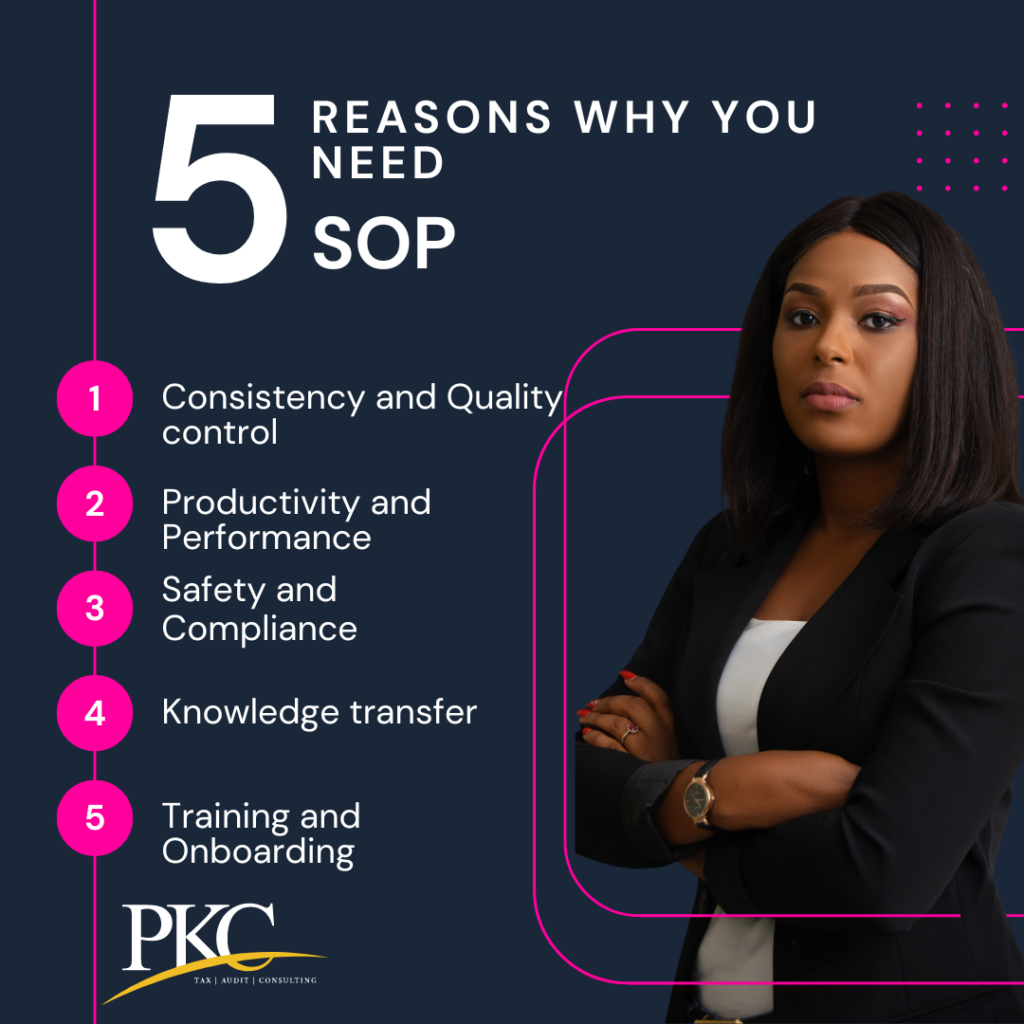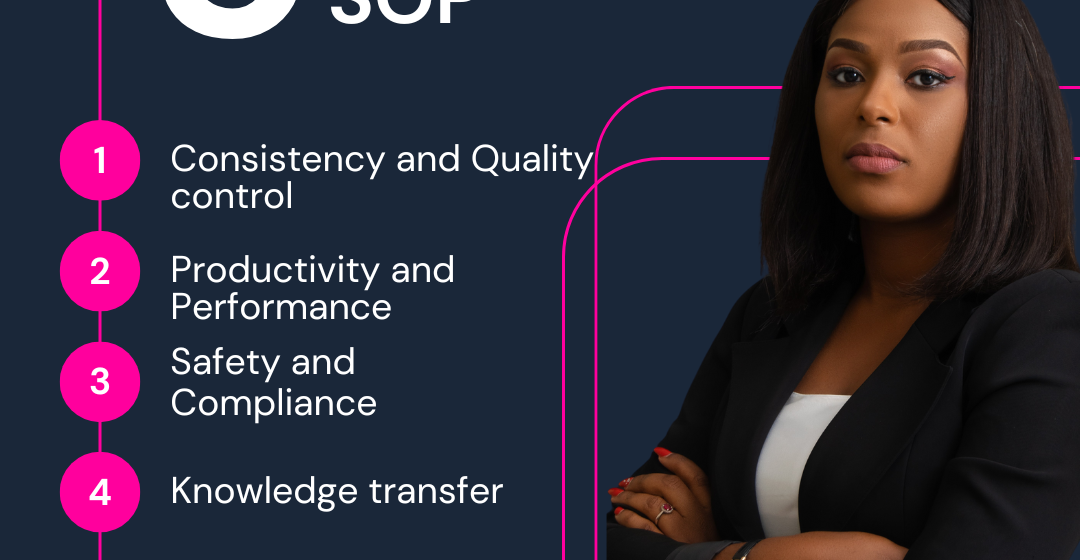Written By – PKC Desk, Edited By – Abinesh, Reviewed By – Balaji Prasad
5 Reasons Why You Need Them ?
1. Consistency and quality control.
Remember when Coca-Cola fans freaked out because the company announced it would change one of its recipes? Now imagine if that recipe deviation had been unintentional. SOPs are critical in manufacturing to prevent inconsistencies that result in extra costs and a poor customer experience. Without a Standard Operating Procedure, it’s also hard to correct errors that occur on the shop floor.
Standard Operating Procedures with clear instructions help your team:
- Deliver consistent results
- Prevent machine failure and human error
- Uphold quality control requirements
2. Productivity and performance.
SOPs provide a clear path to get from A to B. When your team embraces and internalizes them, they can be more productive. Following clear procedures and plans will make your team confident and efficient. This, in turn, helps you set benchmarks for performance.
SOPs serve as checklists to:
- Work in the most efficient way possible
- Monitor and improve your team’s performance
- Ensure your team knows what to do when the unexpected happens

3. Safety and compliance.
Speaking of contingency, SOPs in business should provide critical guidelines for employees to do their job in accordance with operational, safety, health and environmental rules.
SOPs help your team:
- Comply with company and government mandates
- Prevent accidents and perform impact assessments when they occur
- Avoid fines and/or litigation
4. Knowledge transfer.
Another key reason for implementing SOPs is documenting knowledge. This is useful for any business looking to create efficient and consistent workflows, but can be critical in industries that suffer from workforce shortages or high rates of employee churn. In manufacturing, for instance, companies are facing an aging workforce.
SOPs ensure:
- Your team’s knowledge stays within the organization even after individual employees leave
- Your team knows what to do when someone goes on holiday, takes sick leave, or takes on another role
5. Training and onboarding.
On a related note, SOPs make training and onboarding a lot easier. Breaking down your SOP into individual instructions or checklists helps you deliver valuable on-the-job training and get new hires acquainted with your processes.
SOPs are useful to:
- Train and onboard new employees
- Provide retraining when processes change

 Expert verified
Expert verified 

